Introduction
Royal jelly, a substance produced by worker bees to feed the queen bee, has garnered significant attention in recent years due to its myriad health benefits. This creamy, milky-white substance is rich in nutrients, including proteins, fats, vitamins, and minerals, making it a highly valued dietary supplement. However, to fully harness its potential, it is crucial to consume fresh royal jelly in the correct manner. This article delves into the intricacies of how to properly consume fresh royal jelly, ensuring that you maximize its nutritional benefits while minimizing any potential risks.
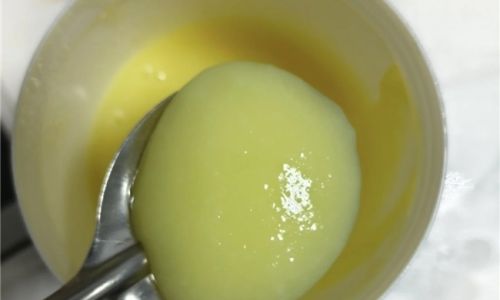
Understanding Royal Jelly
Before discussing the proper consumption methods, it is essential to understand what royal jelly is and its nutritional composition. Royal jelly is a secretion from the hypopharyngeal and mandibular glands of worker bees. It is primarily fed to larvae for the first three days of their life, but the queen bee continues to receive it throughout her entire life. This unique diet is believed to be a significant factor contributing to the queen bee’s larger size, longer lifespan, and enhanced fertility compared to worker bees.
Nutritionally, royal jelly is a powerhouse. It contains high levels of proteins, fats, and carbohydrates, along with essential vitamins and minerals. Some of the key nutrients found in royal jelly include:
- Proteins: Royal jelly is rich in proteins, particularly those with a high biological value, meaning they are easily digested and utilized by the body.
- Fats: It contains a balanced ratio of saturated, monounsaturated, and polyunsaturated fats, including fatty acids that are beneficial for heart health.
- Carbohydrates: Royal jelly has a moderate amount of simple sugars, such as glucose and fructose, which provide quick energy.
- Vitamins: It is rich in B vitamins, including vitamin B5 (pantothenic acid), vitamin B6 (pyridoxine), and vitamin B12 (cobalamin), which are crucial for energy production, nervous system function, and red blood cell formation.
- Minerals: Royal jelly contains essential minerals like potassium, calcium, magnesium, phosphorus, and zinc, which play vital roles in maintaining bone health, fluid balance, and numerous metabolic processes.
- Bioactive Compounds: Royal jelly also contains various bioactive compounds, such as 10-hydroxy-2-decenoic acid (10-HDA), royalactin, and jelleines, which are believed to contribute to its immune-boosting, anti-inflammatory, and antioxidant properties.
The Importance of Freshness
When it comes to royal jelly, freshness is paramount. Fresh royal jelly retains its nutritional integrity and bioactivity better than stale or improperly stored product. Over time, exposure to heat, light, and oxygen can degrade its nutrients and reduce its effectiveness. Therefore, it is crucial to source fresh royal jelly from reputable suppliers and store it correctly to ensure optimal quality.
Proper Storage of Fresh Royal Jelly
Before consuming fresh royal jelly, proper storage is essential to preserve its quality. Here are some tips for storing fresh royal jelly:
- Refrigeration: Store fresh royal jelly in an airtight container in the refrigerator at a temperature between 2°C and 8°C (35.6°F and 46.4°F). This will help maintain its freshness and prevent bacterial growth.
- Avoid Freezing: While freezing can extend the shelf life of royal jelly, it can also alter its texture and potentially damage some of its nutrients. If freezing is necessary, use a freezer with a temperature below -18°C (0°F) and consume the frozen royal jelly as soon as possible after thawing.
- Darkness: Keep royal jelly away from direct sunlight and artificial light sources, as light can degrade its nutrients and reduce its potency.
- Airtight Container: Use an airtight container to store royal jelly to prevent oxygen exposure, which can lead to oxidation and nutrient loss.
The Proper Way to Consume Fresh Royal Jelly
Now that we understand the importance of freshness and proper storage, let’s discuss the correct methods for consuming fresh royal jelly. There are several ways to incorporate royal jelly into your diet, each with its own benefits and considerations.
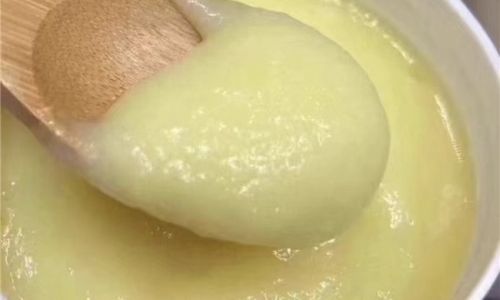
- Direct Consumption
One of the simplest ways to consume fresh royal jelly is directly from the spoon. Here are some tips for direct consumption:
- Dosage: Start with a small dosage, such as 0.5 to 1 gram per day, and gradually increase it as your body adapts. Excessive consumption may lead to digestive discomfort or allergic reactions.
- Taste: Royal jelly has a unique, slightly sweet and sour taste with a slightly grainy texture. Some people may find its taste and texture off-putting initially, but its nutritional benefits often outweigh the sensory experience.
- Combination with Honey: To improve the taste, mix fresh royal jelly with honey. The sweetness of honey can balance out the sourness of royal jelly, making it more palatable.
- Incorporation into Foods and Beverages
Royal jelly can also be incorporated into various foods and beverages, making it easier to consume and enjoy. Here are some ideas:
- Smoothies and Shakes: Add a small amount of fresh royal jelly to your favorite smoothie or shake recipe. The creamy texture of royal jelly blends well with fruits, vegetables, and dairy products, creating a nutritious and delicious drink.
- Yogurt and Cereals: Mix a small amount of royal jelly into yogurt or cereal for a nutritious breakfast. The tangy taste of yogurt can complement the unique flavor of royal jelly.
- Baking: Incorporate royal jelly into baked goods, such as muffins, cakes, and bread. The heat of baking may slightly alter the nutritional profile of royal jelly, but it can still provide some benefits. Be mindful of the dosage, as excessive heat can degrade its nutrients.
- Topical Application
While most people consume royal jelly orally, it can also be used topically for skin care. Here are some tips for topical application:
- Face Mask: Mix a small amount of fresh royal jelly with honey, oatmeal, or clay to create a nourishing face mask. Apply it to your face for 15-20 minutes, then rinse off with warm water. This can help improve skin elasticity, reduce inflammation, and promote a healthy complexion.
- Moisturizer: Add a few drops of royal jelly to your favorite moisturizer to enhance its hydrating and nourishing properties. The nutrients in royal jelly can help improve skin barrier function and reduce signs of aging.
Potential Side Effects and Precautions
While fresh royal jelly offers numerous health benefits, it is not suitable for everyone. Here are some potential side effects and precautions to consider:
- Allergic Reactions: Royal jelly contains proteins that can cause allergic reactions in some people. Symptoms may include itching, swelling, hives, difficulty breathing, and anaphylactic shock. If you have a history of allergies, particularly to bee products, consult your healthcare provider before consuming royal jelly.
- Digestive Discomfort: Excessive consumption of royal jelly may lead to digestive discomfort, such as bloating, gas, and diarrhea. Start with a small dosage and gradually increase it to avoid these side effects.
- Interactions with Medications: Royal jelly may interact with certain medications, including blood thinners and immunosuppressants. Consult your healthcare provider if you are taking any medications before consuming royal jelly.
- Pregnancy and Lactation: There is limited information on the safety of royal jelly during pregnancy and lactation. Consult your healthcare provider before consuming royal jelly if you are pregnant or breastfeeding.
Conclusion
Fresh royal jelly is a nutrient-dense dietary supplement with numerous health benefits. To fully harness its potential, it is crucial to consume it in the correct manner, ensuring freshness, proper storage, and appropriate dosage. By incorporating fresh royal jelly into your diet through direct consumption, incorporation into foods and beverages, or topical application, you can enjoy its numerous health benefits while minimizing potential risks. Always consult your healthcare provider before consuming royal jelly, particularly if you have allergies, are taking medications, or are pregnant or breastfeeding. With proper consumption, fresh royal jelly can be a valuable addition to your health and wellness routine.
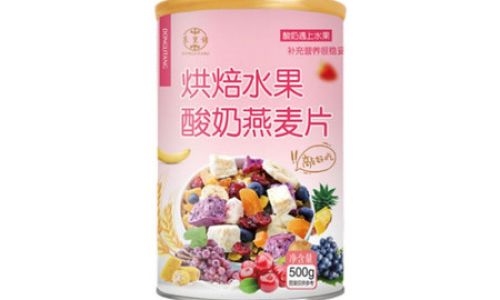



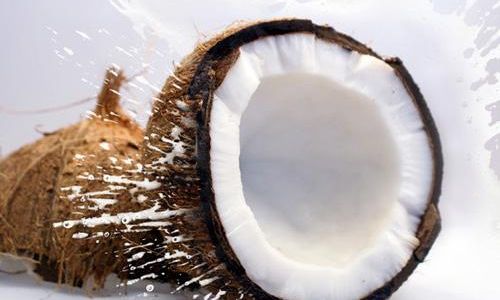
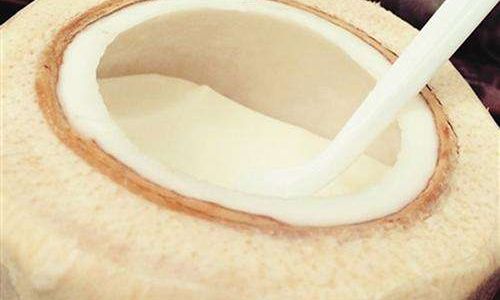
0 comments